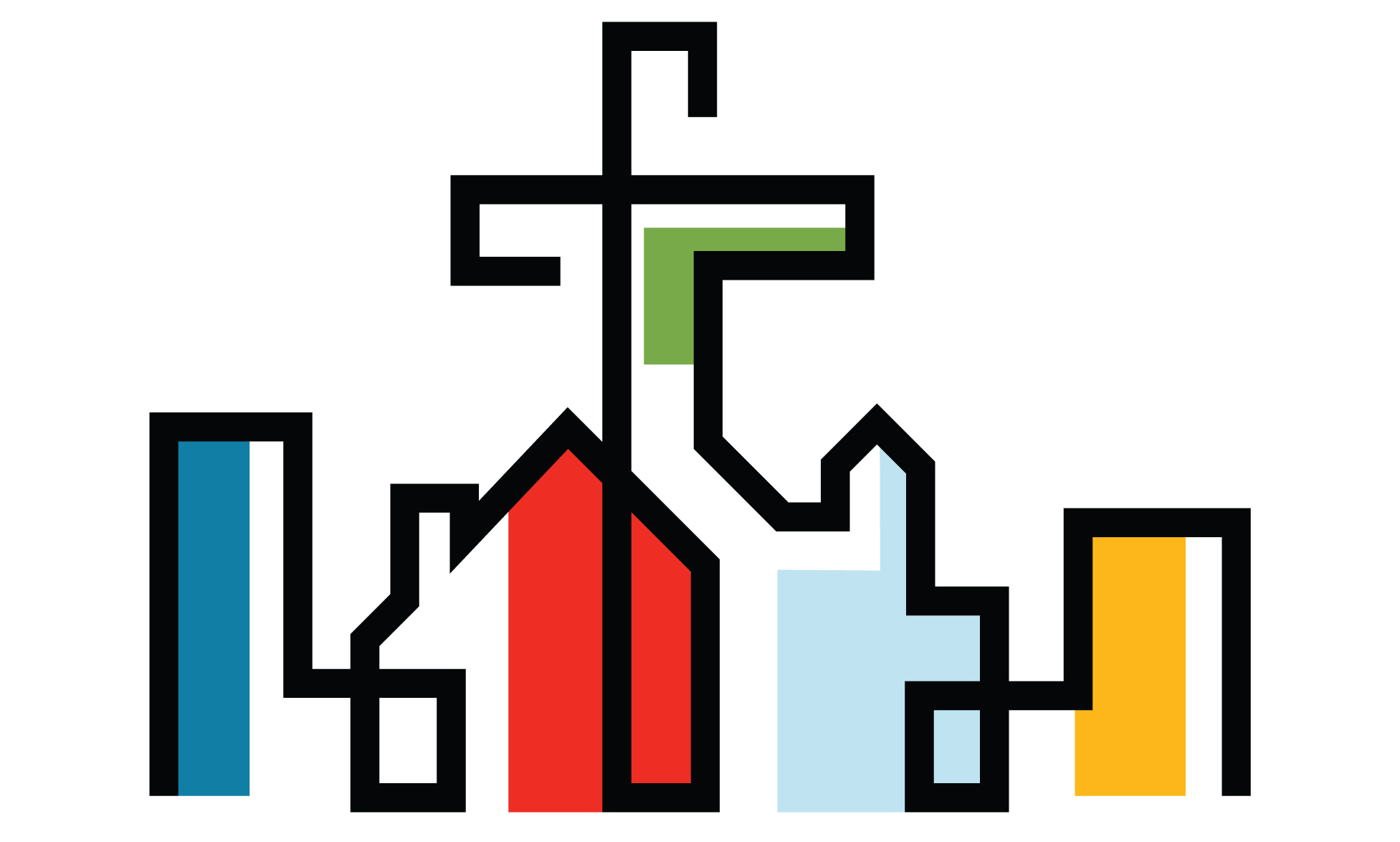UCC W.I.S.E. for Mental Health
Since one in four individuals lives with a diagnosable mental health condition, it’s safe to say that individuals in your congregation are dealing with any variety of mental health and substance use challenges every day. Due to stigma, many of these people may be reluctant to either seek help professionally or speak about it with their pastor or other members of their church. However, an atmosphere of openness and acceptance in a congregation makes members, friends, and visitors more likely to feel safe and free from judgment. This acceptance and sense of safety can help create a place of belonging, where truly everyone, no matter where they are on life’s journey, is welcome.
What is a W.I.S.E. Congregation?
A WISE congregation has joined the mission to being Welcoming, Inclusive, Supportive, and Engaged in the Mental Health of the community and the wider world. The objective of W.I.S.E. is to encourage our congregations to become more welcoming of those living with mental health challenges, to expand our inclusion of those who are living with mental health challenges, to be supportive of all who are affected by mental health conditions, and to engage in ways to live our commitment to be W.I.S.E. about mental health. Read more in the W.I.S.E. Congregations Resolution.
What does a W.I.S.E. Covenant look like?
Here are a few WISE Covenants from congregations:
- First Congregational UCC, Boulder, Colorado
- The United Church of Christ of St. Augustine, Florida
- First Congregational United Church of Christ of Hendersonville, North Carolina
- Venice United Church of Christ of Venice, Florida
- Pilgrim – St. Lukes & El Nuevo Camino UCC in Buffalo, New York
Here is an example of a W.I.S.E. Congregations commissioning service: Mountain View United Church in Aurora, CO.
How does a congregation become W.I.S.E.?
The Becoming a W.I.S.E. Congregation for Mental Health Booklet outlines and guides you through the 10 steps of becoming W.I.S.E. Other resources to help get you started and continue your ministry include a W.I.S.E. toolkit and a W.I.S.E. Webinar.
United Church of Christ Mental Health Network
What is our Mission?
The United Church of Christ Mental Health Network proclaims and celebrates the basic sacred right each individual has to their own mental health. Therefore, our mission is to reduce stigma, and promote the inclusion of people and families with self-reported emotional/neurodiverse symptoms, experiences, and diagnoses, in the life and leadership of congregations, synagogues, and organizations.
We recognize the despair prevalent in today’s world and respond in joyful embrace of the individual’s divinity and dignity. Our programs normalize the conversation around mental health, and seek to prevent isolation and suicide by centering on education, belonging, and safety.
“People with mental problems are our neighbors. They are members of our congregations, members of our families; they are everywhere in this country. If we ignore their cries for help, we will be continuing to participate in the anguish from which those cries for help come. A problem of this magnitude will not go away. Because it will not go away, and because of our spiritual commitments, we are compelled to take action.”
